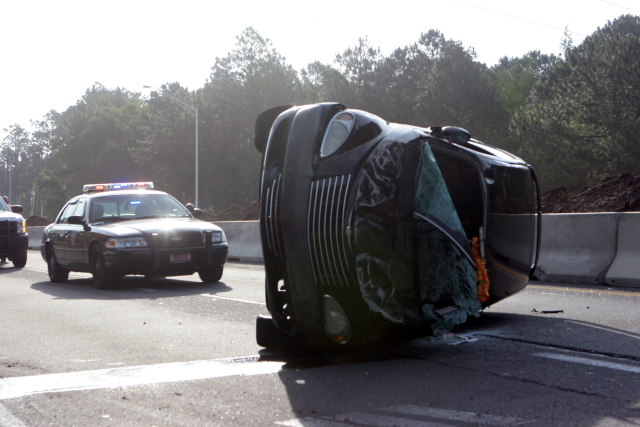 No one likes car accidents. However, when they happen, it is always better if the other party has insurance. That way, you won't have to worry about anything except getting better. However, when the other party does not have any insurance, it changes the dynamics for the worse.
No one likes car accidents. However, when they happen, it is always better if the other party has insurance. That way, you won't have to worry about anything except getting better. However, when the other party does not have any insurance, it changes the dynamics for the worse.
This is because, without insurance, you will probably have to file for compensation from your own insurance coverage. So, what do you do if you were to find yourself in that position? What can you do to make sure that you get the insurance for your car and all possible medical bills?
Call for Emergency Services
If you or the driver sustained minor to moderate bruises, call 911 immediately and tell them everything you can about where you are and what happened. When you are done, depending on the severity of your accident, go check to see if the other driver is okay. If he is, then ask what can be done about the damages and how to move forward.
Assess the Individual
It is true that this should be the last thing you should be doing in an accident, but you may want to assess the individual. Sometimes, people don't get auto insurance because they do not care. So, if he does look well to do, you may need to ask him to pay for the damages, after the immediate danger is taken care of obviously.
If you can walk around, start taking pictures and gathering evidence. Usually pictures will suffice. Also, you may not want to move the car until the police arrives seeing as the individual is already a high-risk individual.
File an Insurance Claim
Once that is done, call your insurance company and inform them of the accident. Usually, your auto insurance package will assess the damage and then determine what the payout will be. However, if you are lucky enough to have an uninsured-motorist protection plan, this can go a long way in helping you recover and repair the car.
The good thing is most states require all insurance companies to include uninsured motorist coverage in all vehicular insurance plans taken out by their clients. This insurance coverage typically pays to up to the tune of $20,000. So, if your damages are less, you may not even need to dip into your standard auto insurance coverage.
However, taking out such a plan apart from the one included in your auto insurance coverage will also go a long way in helping you offset the costs. So, if you don’t have it already and are reading this, you should consider applying for one immediately.
To Sue or Not to Sue
This is very tough to call. Sometimes, an uninsured motorist will not have enough funds to make a lawsuit worth the time or expense. However, you also want to cover your bases, particularly if your auto and health insurance policies do not cover the damages and your treatment costs.
If you need to make an out-of-pocket expense, you should have a way of getting you reimbursed. The best route to take on this is to talk to a lawyer about all this and let them advise you. Usually, after conducting a few background checks on the individual they would be able to tell you if the person is worth the hassle or not.
In conclusion, even though you are asking your own insurance company to pay for the damages from your own policy, you can expect the claim to go pretty much the same way as any regular vehicle accident compensation claim goes. Whatever the case, speak to a seasoned car accident and personal injury lawyer if you are confused or unclear about anything. For Orlando residents I highly recommend the services of David Heil. Regardless of what attorney you choose however, they'll know what to do for you.
Oscar King is a former insurance adjuster who has seen more than his share of car accidents: both good and bad. Now he writes about his experiences and gives advice for ways consumers can handle any number of situations that they might run across in their daily lives. You can learn more about Oscar by visiting his Google+.
Comments, like all content, are held to The Rapidian standards of civility and open identity as outlined in our Terms of Use and Values Statement. We reserve the right to remove any content that does not hold to these standards.